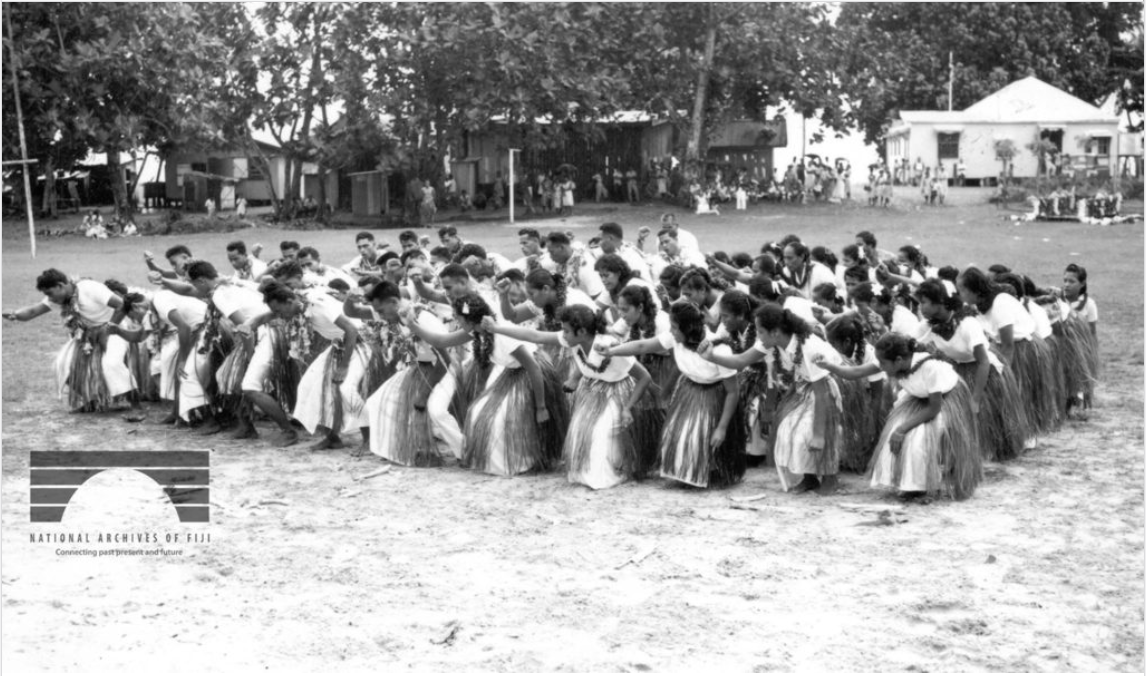For Rotumans around the world, May 13 is more than just a date—it is a profound reminder of a pivotal decision made 144 years ago.
Unlike Fiji’s Independence Day, Rotuma Day does not mark freedom from colonial rule.
Instead, it commemorates the cession of the island to Great Britain in 1881, a moment when Rotuman chiefs placed their trust in Queen Victoria to protect and guide their people.
A historical pledge
Rotuma, a small but culturally rich island in the Pacific, was ceded to the British Crown in 1881—three years before Fiji itself became a British colony. The chiefs of Rotuma, seeking stability and protection, pledged their allegiance to Queen Victoria, who later entrusted Fiji’s colonial administration with the island’s governance.
“Our ancestors made a deliberate choice,” said Christine Rovoi, a Rotuman journalist based in Australia.
“They believed in Queen Victoria’s promise to safeguard Rotuma’s future.”
Since then, Rotuma has remained a dependency of Fiji, its people navigating the complexities of identity, autonomy and cultural preservation.
While some Rotumans advocate for greater self-determination, the day itself is observed with reflection rather than political assertion—a quiet acknowledgement of history rather than a demand for change.
Keeping the language alive
For Rovoi, Rotuman Language Week is deeply personal. Speaking with her mother daily in Fäeag Rotuma (the Rotuman language) keeps her connected to her roots.
“Even if it’s just two minutes, we always speak Rotuman,” she said.
“With my siblings, we switch between Rotuman and English, but with elders, it’s strictly our mother tongue.”
She laughs, recalling childhood struggles with certain words.
“There’s a phrase for ‘fold the clothes’ that always tripped me up. Rotuman is a tongue-twister!”
This linguistic pride is not just about communication—it’s about identity. As younger generations increasingly adopt English or Fijian, initiatives like Rotuman Language Week aim to reinforce cultural continuity.
Faith and culture intertwined
Reverend Atu Drokanawai Lagi, regional secretary of the World Methodist Evangelism, emphasises the spiritual significance of language.
“When the gospel came to our shores, it did not bring God—God was already here,” he said.
“Our language, our traditions, these are divine gifts.”
He references Genesis, reminding Rotumans that their culture is part of God’s creation. A German scholar once described Rotuma as “heaven on earth”, which illustrates its untouched beauty.
“Languages tell the world who we are,” Rev. Lagi added.
“When you hear someone speak Rotuman, you know where they come from.”
He urges Rotumans to teach their children the language, not just as a cultural duty but as a spiritual one.
“Until every tribe and nation hears the gospel, Christ’s return remains pending. Our language is part of that divine plan.”
144 years on, the challenges of modernisation, migration and language erosion loom large, but the community’s resilience endures.
For Rovoi, Rotuma Day is about honouring the past while ensuring the future.
“We may not be independent, but we are distinct,” she said.
“Our language, our faith, our history—they make us who we are.”
And for Rev. Lagi, the message is clear: “When God is at the centre, our culture thrives. Without Him, we risk losing everything.”
The sun has set on another Rotuma Day but the echoes of Fäeag Rotuma, the prayers of the faithful and the memories of ancestors remind the people that this story is far from over.
Ms Rovoi and Rev Atu appeared on the PMN News podcast earlier this week. Excerpts from their interviews were used to compile this article.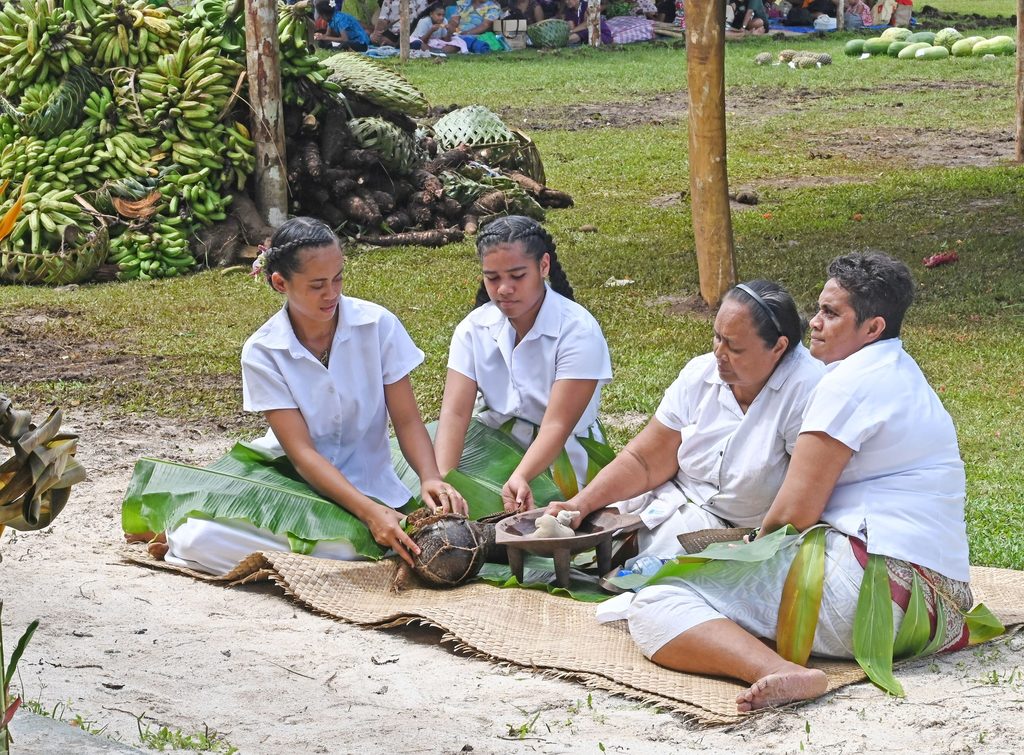
Women occupy a central role in Rotuman society. Here they are center stage in a traditional kava ceremony. Picture: FIJI GOVERNMENT
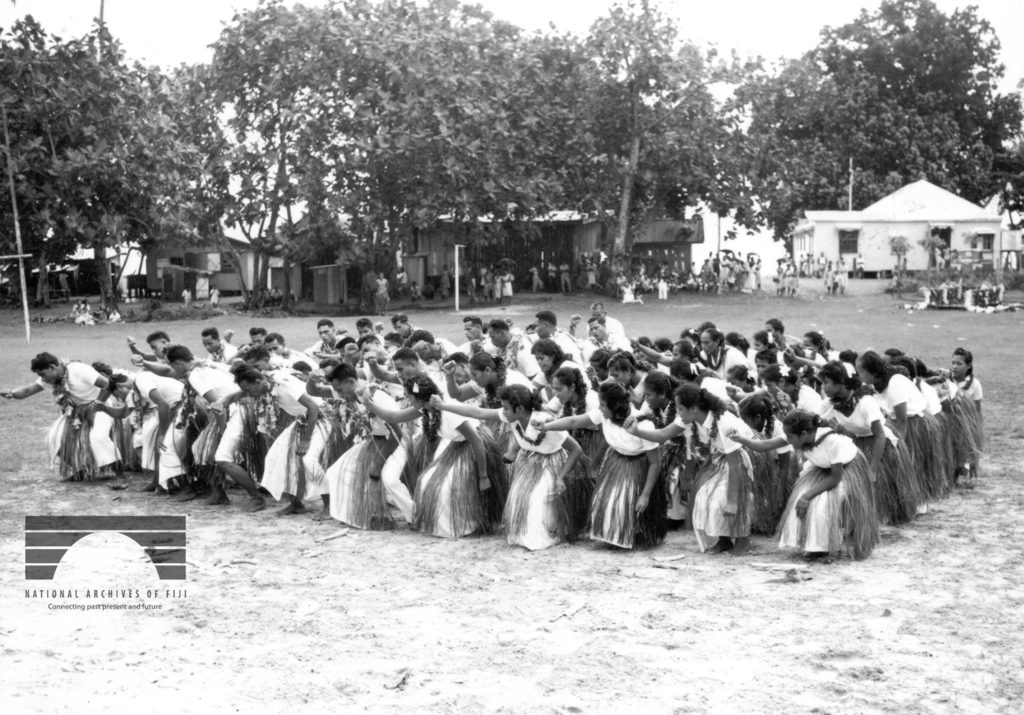
A traditional ‘tautoga’ dance by the Oinafa district to mark Rotuma Day in 1963. Picture: NATIONAL ARCHIVES OF FIJI
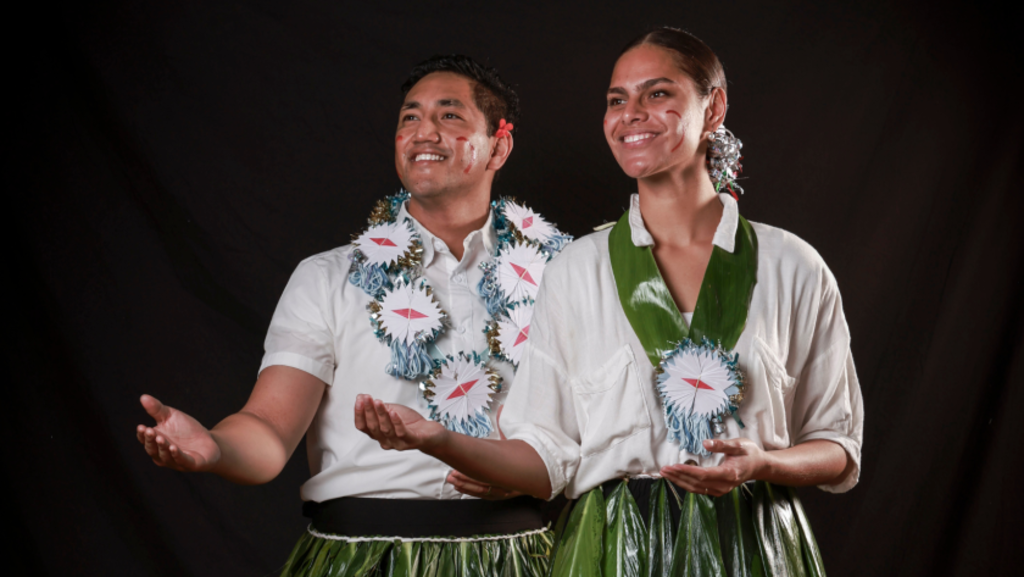
“Our language, our faith, our history—they make us who we are.” Picture: BYU Hawaii
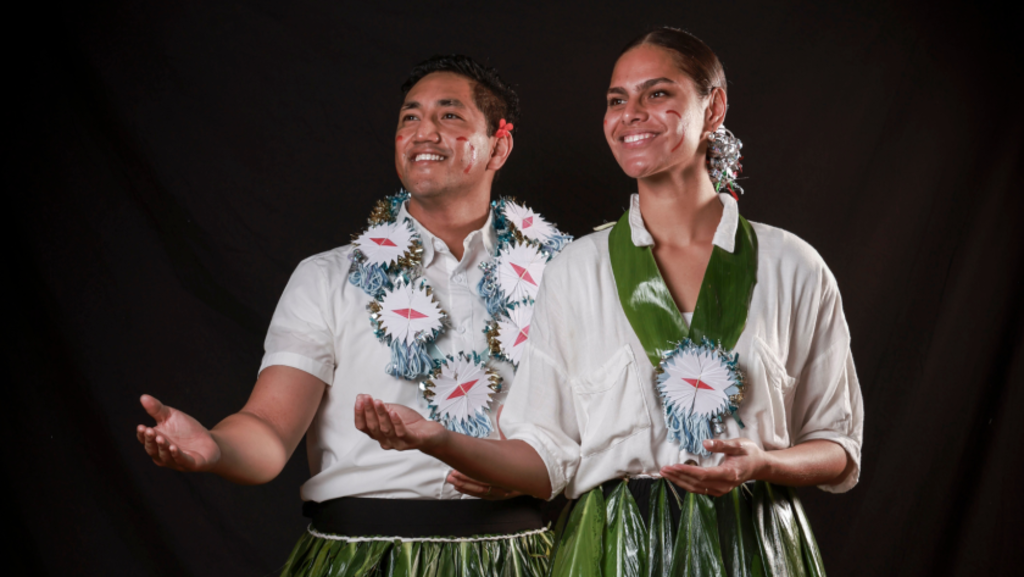
“Our language, our faith, our history—they make us who we are.” Picture: BYU Hawaii

